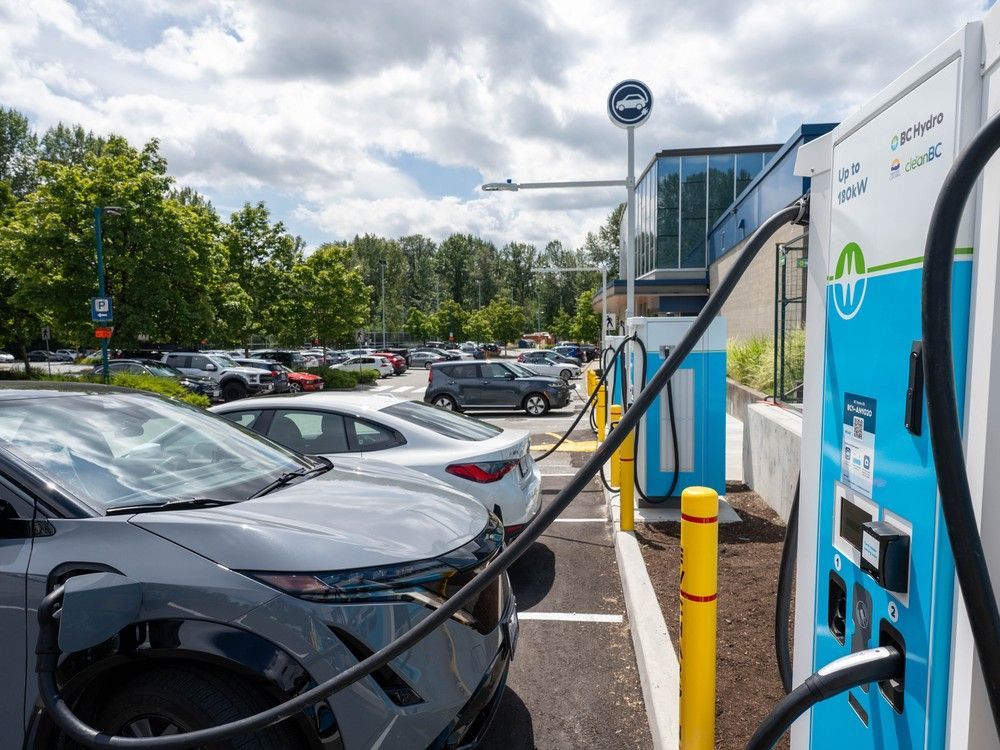In the wake of unprecedented climate disasters, survivors across the United States are uniting to transform their shared experiences of loss into a powerful movement for action. With 108 disaster declarations last year affecting 137 million individuals, the urgency of addressing climate change has never been clearer. Activists emphasize that the consequences of climate change are not only immediate but are also expected to escalate, necessitating a collective response. This grassroots organization reflects a growing recognition that personal narratives of loss can galvanize communities and drive systemic change, highlighting the intersection of individual experiences and broader environmental challenges.
The movement underscores the importance of solidarity among those affected by climate-related events, fostering a network of support and advocacy. By sharing their stories, survivors are not only raising awareness but also influencing policy discussions and demanding accountability from decision-makers. This collective action has the potential to reshape the national dialogue on climate resilience, urging a shift from reactive measures to proactive strategies that prioritize sustainability and community well-being. As these survivors mobilize, they exemplify how personal tragedy can catalyze significant societal change, reinforcing the need for urgent climate action.








